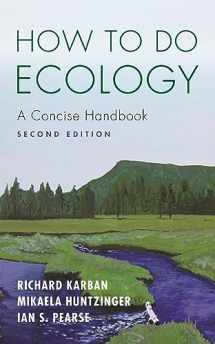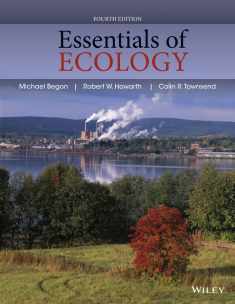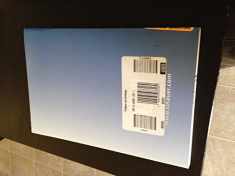
How to Do Ecology: A Concise Handbook - Second Edition
Book details
Summary
Description
The essential guide to successful ecological research―now updated and expanded
Most books and courses in ecology cover facts and concepts but don't explain how to actually do ecological research. How to Do Ecology provides nuts-and-bolts advice on organizing and conducting a successful research program. This one-of-a-kind book explains how to choose a research question and answer it through manipulative experiments and systematic observations. Because science is a social endeavor, the book provides strategies for working with other people, including professors and collaborators. It suggests effective ways to communicate your findings in the form of journal articles, oral presentations, posters, and grant and research proposals. The book also includes ideas to help you identify your goals, organize a season of fieldwork, and deal with negative results. In short, it makes explicit many of the unspoken assumptions behind doing good research in ecology and provides an invaluable resource for meaningful conversations between ecologists.
This second edition of How to Do Ecology features new sections on conducting and analyzing observational surveys, job hunting, and becoming a more creative researcher, as well as updated sections on statistical analyses.


We would LOVE it if you could help us and other readers by reviewing the book
Book review





